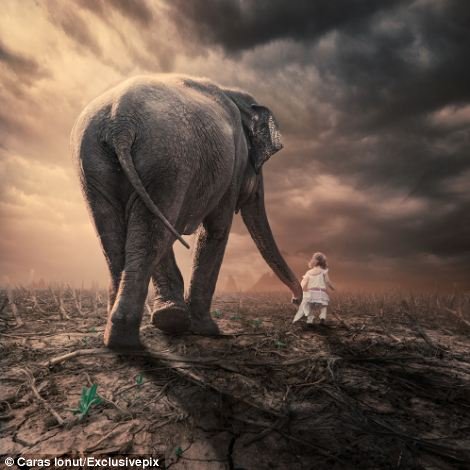
There is much written on the topic of 'how to create a better life'. Many philosophers have written about 'the good life' and 'how life should be lived'. Yet the road to figuring this out for ones self is a treacherous one with many twists and turns and dead ends. Many of us subscribe to a silent belief that 'life gets in the way' and we can often feel that we are at the mercy of forces larger than ourselves that leave us little choice in our daily lived experiences.
So what is missing:
We are not taught to reflect on our thoughts and feelings in every moment. We are not taught that every fleeting thought and budding sensation and feeling embedded in our lived experience has a life of its own. We are not taught that every thought and feeling creates a trajectory that in effect unfolds as our lived reality. We are not taught that our personal thoughts and feelings are the royal road to our unfolding reality.
What does this mean:
As human beings we often are quick to add value judgments to what is good or bad in our lives. Societal forces are designed to program us from a young age to habitually sum up our experiences as good vs bad or positive vs negative. This duality in thinking creates a battle within our selves. Our internal battles are unconsciously projected into our lived relationships with others in our external worlds. Each and everyone of us plays out our internal script in the outside world.
How do we get out of our own way?
In order to get out of our own way we first need to find our 'calm' or our 'center' that is void of noise from the outside world and instead reflect on what is happening in our mind (thoughts) and in our body (feelings and sensations). We need to remain a witness to what we have been taught as 'negative' thoughts and feelings and allow them to be. We need to let go of being too attached to internal dramas and let them be, let them go, and not hold onto them as ultimate truths. Once we have mastered this skill of being a mere witness, our internal life becomes calm. This internal calm by default creates less dramas and more peace in our external worlds. With this comes the realization that we are more powerful creators than we were told or once thought.
Addiction to drama.
Due to early experiences of adversity some of us only feel alive if and when we have turmoil in our lives. This is because our body-mind has become accustomed to certain stress chemicals in our neural networks. However, if we catch ourselves entering negative thoughts/feelings and stop them in their tracks we can begin to stop feeding off those stress hormones. Yet, because this way of being is so habituated, this can take time to master.
I will leave you with one of my favorite short stories about the taoist farmer: this is my first attempt at writing and I welcome any feedback about anything you would like me to write about in future.
"There was a farmer whose horse ran away. That evening the neighbors gathered to commiserate with him since this was such bad luck. He said, “May be.” The next day the horse returned, but brought with it six wild horses, and the neighbors came exclaiming at his good fortune. He said, “May be.” And then, the following day, his son tried to saddle and ride one of the wild horses, was thrown, and broke his leg. Again the neighbors came to offer their sympathy for the misfortune. He said, “May be.” The day after that, conscription officers came to the village to seize young men for the army, but because of the broken leg the farmer’s son was rejected. When the neighbors came in to say how fortunately everything had turned out, he said, “May be.”
Source: Tao: The Watercourse Way, by Alan Watts
Thank you for reading xx
You make some great points! Keep writing :)
Downvoting a post can decrease pending rewards and make it less visible. Common reasons:
Submit
Thank you, highly appreciate your encouragement :)
Downvoting a post can decrease pending rewards and make it less visible. Common reasons:
Submit